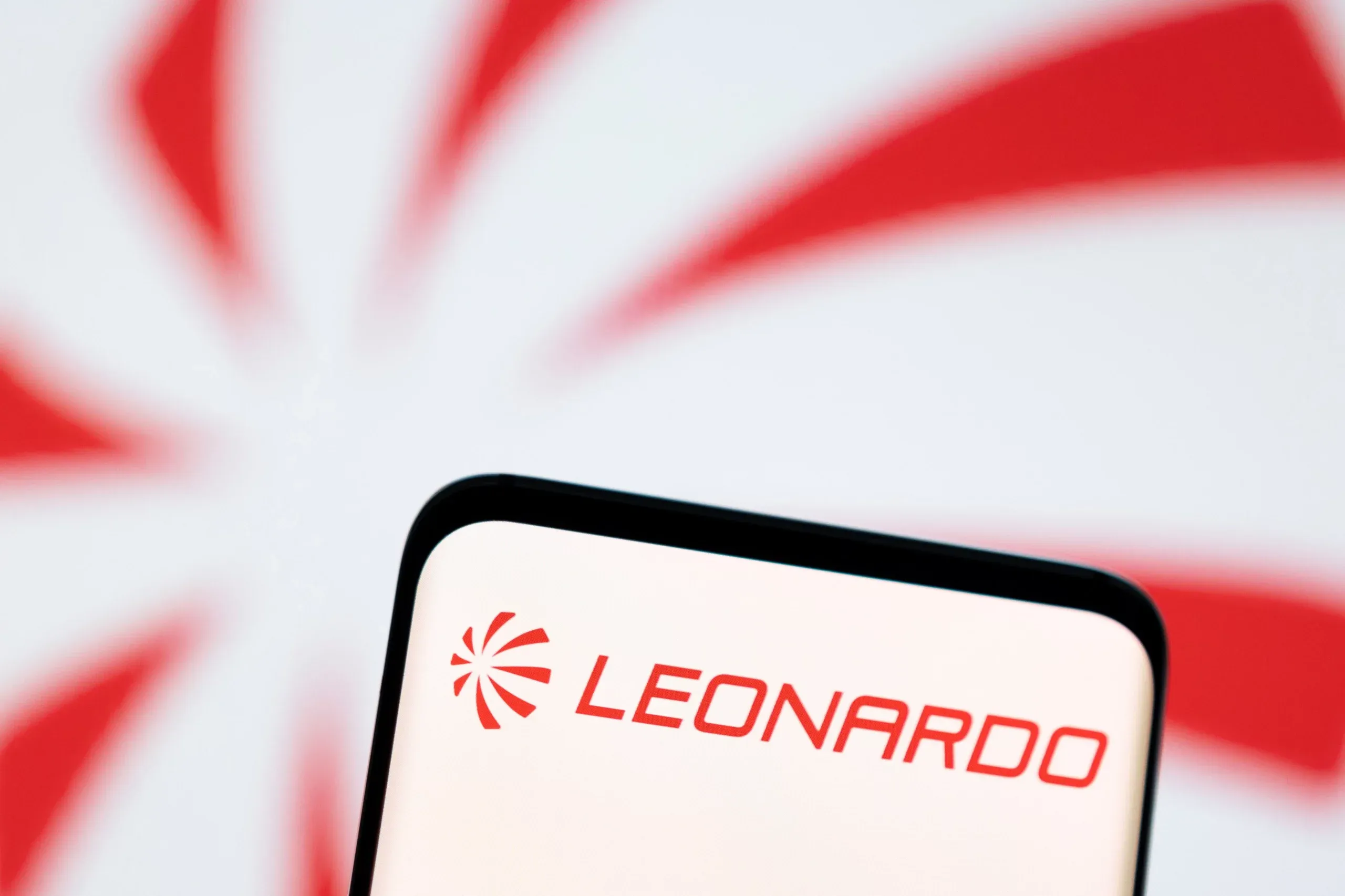
Leonardo to boost cybersecurity, space and AI in 5-year plan
By Giulia Segreti
ROME (Reuters) -Italy’s Leonardo will invest in digitalisation, artificial intelligence and interconnected platforms over the next five years as it focuses on security activities, the defence group said on Tuesday.
“The world geopolitical scenario calls for a new global security paradigm, where we aim to play a proactive role in the evolution of the European defence sector,” Chief Executive Roberto Cingolani said in a statement.
Presenting its 2024-2028 industrial plan, Leonardo said it would strengthen its core businesses – helicopters, electronics and aircraft- while also leveraging opportunities in cybersecurity and space – sectors seen as key to defence in the future.
Shares in Leonardo rose as much as 6.8% on Tuesday morning as analysts welcomed the profit and cash flow forecasts in the plan. The shares are up some 40% so far this year in what is a buoyant market for defence stocks.
The state-controlled conglomerate said orders at the end of 2028 would amount to a cumulative 105 billion euros ($114.77 billion), with compound average yearly growth of 4%.
Revenues will rise by an average of 6% yearly in the 2024-2028 period, reaching 95 billion euros, while core profits should reach 2.5 billion euros, up from the 1.44 billion euros expected at the end of this year.
Free operating cash flow (FOCF) is seen almost doubling from 0.7 billion euros at the end of this year to 1.35 billion by end-2028.
“The industrial plan has defined a strategy for unlocking the business growth potential of Leonardo, delivering stronger top-line growth, double digit profitability by 2026 and doubled FOCF by the end of the plan,” Cingolani said.
A former government minister who became CEO last May, Cingolani has been pushing for alliances with other defence groups in Europe, to take advantage of the bloc’s rising military budgets, in a more efficient and less fragmented way.
He promised “massive digitalization and rationalization of products and services, group-wide efficiencies and cost reduction initiatives,” which would yield gross savings of 1.8 billion euros over the period of the business plan.
($1 = 0.9149 euros)
(Additional reporting by Romolo Tosiani,editing by Gavin Jones and Keith Weir)


